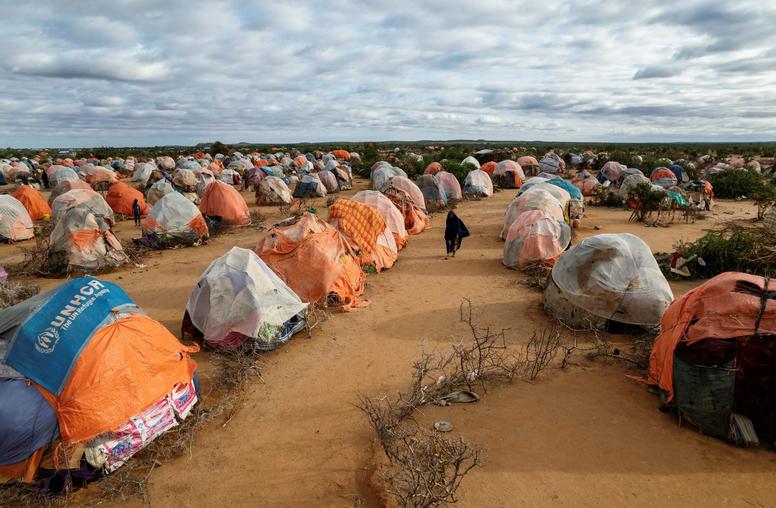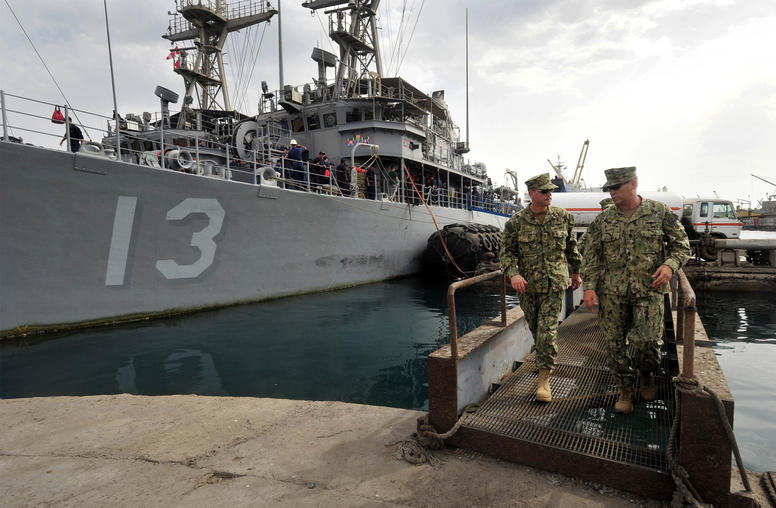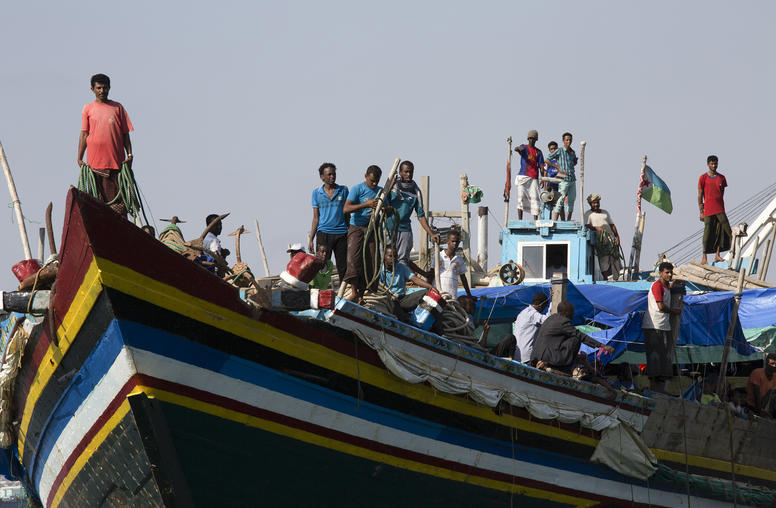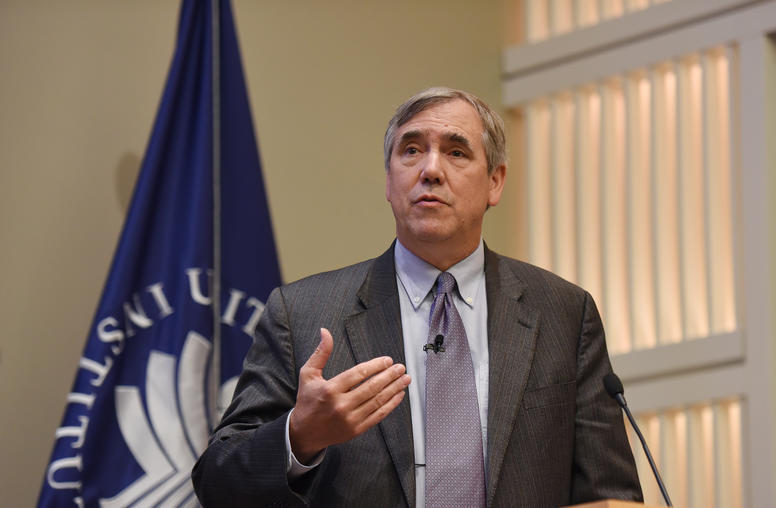Removing Barricades in Somalia: Options for Peace and Rehabilitation
Peaceworks 24
In summer 1997, a team of four Somali intellectuals and two American Africanists spent three weeks in Somalia on behalf of the United States Institute of Peace. The purpose of the visit was to assess the present circumstances and future prospects for peace and reconciliation in Somalia and to recommend how it might be appropriate for the United States, working with colleagues and institutions in Somalia and neighboring countries as well as within the larger donor community, to play a constructive role in promoting peace.
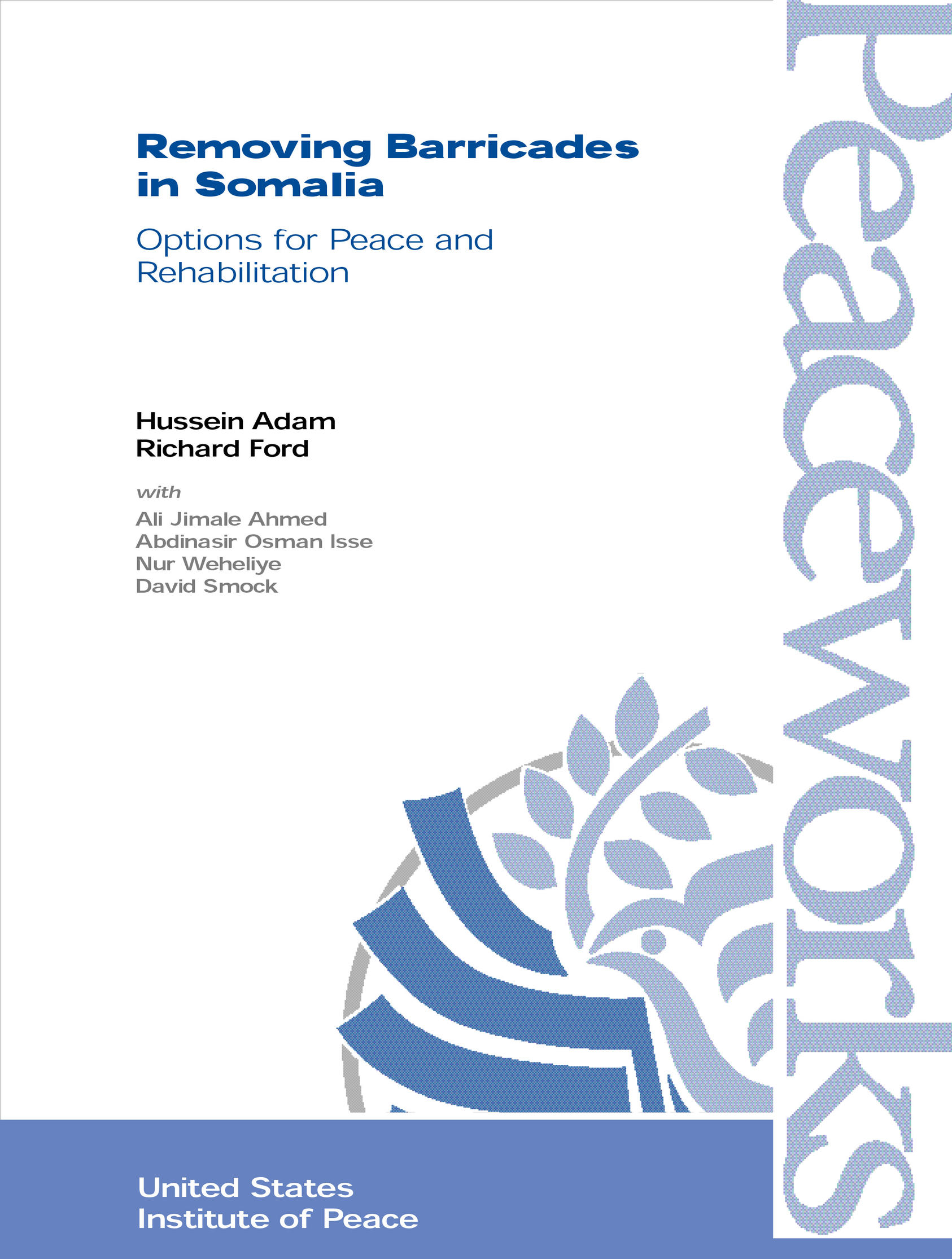
In summer 1997, a team of four Somali intellectuals and two American Africanists spent three weeks in Somalia on behalf of the United States Institute of Peace. The Somalis represented different clans and professional perspectives—one is a medical doctor, another an economist, another a political scientist, and the fourth a professor of literature. A Somali advisory committee supported the work of the field team, bringing comparable diversity in clan, professional specialization, and gender. The purpose of the visit was to assess the present circumstances and future prospects for peace and reconciliation in Somalia and to recommend how it might be appropriate for the United States, working with colleagues and institutions in Somalia and neighboring countries as well as within the larger donor community, to play a constructive role in promoting peace.
The major causes of fragmentation in present-day Somalia are twofold. One is recent, the second centuries old. The former stems from the oppressive, capricious, and clan-based autocracy of the late dictator, Siyad Barre, who used his interpretation of clan institutions for his own ends, to oppress political opponents, create inequality, and promote conflict and violence. So great was his malevolence and abuse of power that virtually all Somalis now hold a deep-seated fear and distrust of any centralized authority. The older source of discord is the profound Somali individualism and resilience, rooted in a clan structure that, though it has sustained them in a harsh environment for centuries, makes it difficult to create and sustain a centralized state. These two powerful forces have created a setting in which Western concepts of the nation-state are unlikely to work, at least not in the next decade or so.
